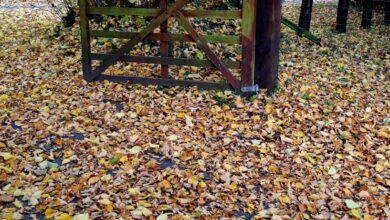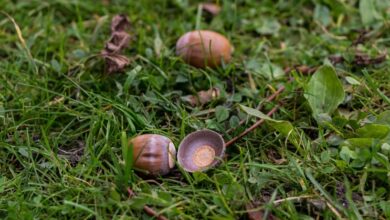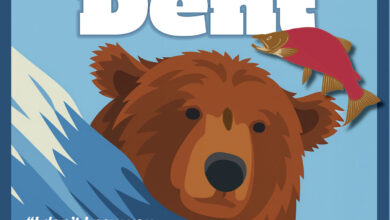Sunday book review – The Highland Cow and the Horse of the Woods by Roy Dennis – Mark Avery
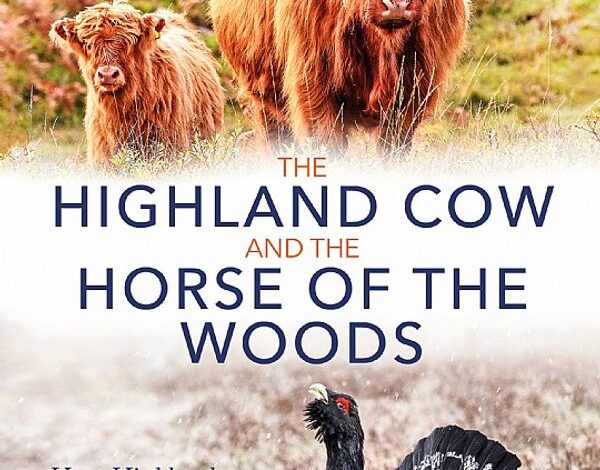
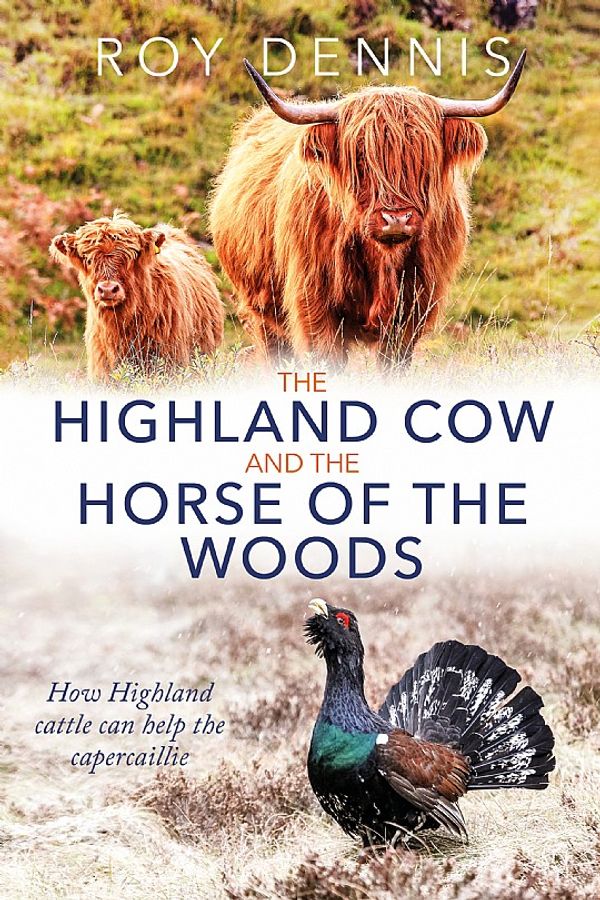
This is the latest wonderful book by the wonderful Roy Dennis. I have reviewed three of them here; Cottongrass Summer (my book of the year in 2020, click here), Restoring the Wild (click here for review) and Mistletoe Winter (shortlisted as a book of the year for 2021 (click here)). I reckon this book is bound to be in my shortlist for this blog’s Book of 2025. Whereas Cottongrass Summer and Mistletoe Winter were collections of evocative thoughtful essays, and Restoring the Wild was an account of reintroductions, species and habitat conservation projects drawing on Roy’s experiences over six decades of involvement, this book is Roy on a mission. To be fair, Roy is always on a mission (or six!) but this book is a polemic about one issue – how to save the Capercaillie from a second UK extinction and what should be the major role of woodland cattle in restoring the habitat.
It’s a very persuasive book with many strengths and one weakness, in my view. The strengths far outweigh the weakness, in my view.
I have a proposition that if conservationists, and ecologists, and probably all sorts of other people too, read half as many words written in the last 25 years and replaced that reading time with things written 50-100 years ago, they would be wiser and the world might be a better place. We could call this the ‘Avery reading proposition’ if you like (and it would apply to fiction very easily but also non-fiction), but it certainly seems as if Roy has a similar rule. He has read a lot of accounts of Scottish land use, Scottish ecology and what was going on in Highland woodlands from way back and they have informed his thinking. Life didn’t start a little while ago, and many of today’s problems, in most walks of life, but certainly ecology and conservation, have their origins a long time back. Roy has also lived a long time and kept his eyes open, and so he can remember what, for example, Abernethy Forest was like in the 1960s, and what the winters were like and how they were a factor in shaping the forest and its ecology.
Roy also talks to lots of people and many feature in this book. And he talks to quite a wide range of people from land owners to stalkers and from scientists (a few) to nature reserve managers. I get the impression that Roy listens to others keen to find some ideas that support his own thoughts but with a fairly open mind so that he is weighing up their ideas against others. Many of the people he talks to are featured and quoted in this book.
Roy believes that introducing Highland cattle to more pinewoods would open them up through grazing and trampling, increase invertebrate life through dunging and peeing and create structural diversity and a useful network of tracks and paths. Read the book and see whether you agree – I was pretty much convinced.
The story of the decline of Capercaillie numbers, the reasons for the decline and the potential routes to recovery are well told. It is such an engaging account that one wants him to be right, and I think he probably is right. And we can be fairly optimistic that what is good for Capercaillie won’t be disastrous for other species that depend on this forest ecosystem.
Is Roy right to believe that the reintroduction of large grazing species is more important than the introduction of apex predators? Probably.
Is Roy right, apparently, to favour a bit of a return to killing medium-sized predators such as Pine Marten because their numbers were once kept much lower by large apex predators and then by our species until legal protection let their numbers rocket? Perhaps, it would be a good thing to discuss in more detail, but it is also an argument for putting the Lynx back not too long after you’ve put the cattle (pretending to be Aurochs) back.
Anyone living near the native Scots pine forests of northern Scotland should read this book for enjoyment but if they have any role in the future of those forests they should read it for information and to decide whether they are convinced by Roy’s position.
And that brings me to the weakness of the book (which is outweighed by the strengths) and that is that the book has no Index so it is difficult to find people or subjects you might wish to learn about (or simply re-read after enjoying the book the first time) but more seriously it has no references to which the reader could turn to read more about the subject. Now Roy says that he has read hundreds of scientific papers and they have informed his views and are easily found by searching the internet but that isn’t quite good enough, I feel. I was reasonably on top of the scientific literature on these issues 20 years ago but I’ve forgotten some of it and there must be many more studies, some of which are important, that have been completed since then. Yes, they are out there somewhere but who is going to bother to track them down? The author, having done the work, might point us in the right direction so that we could evaluate things ourselves.
I can’t leave this review there because this is a wonderful book about a pressing and urgent conservation problem. Time is running out for the Capercaillie and we had better do something quickly if it is not to be lost for the UK for a second time, and within living memory of a time when large numbers were shot, apparently sustainably, every year. Roy Dennis is a doer and a thinker and this book is full of insight and makes a convincing case for urgent change.
Many general readers will read this book for enjoyment. Some conservationists in government agencies and conservation charities should read it for stimulation and direction. Any book that is both interesting and important is a very good book. This is a very good book.
The cover? The cover is helpful as it shows you Highland cattle and a Capercaillie. I’d give it 8/10.
The Highland Cow and the Horse of the Woods: how Highland cattle can help save the Capercaillie by Roy Dennis is published by Whittles.
Buy this book direct from Blackwell’s – a proper bookshop (and I’ll get a little bit of money from them).

![]()
[registration_form]

